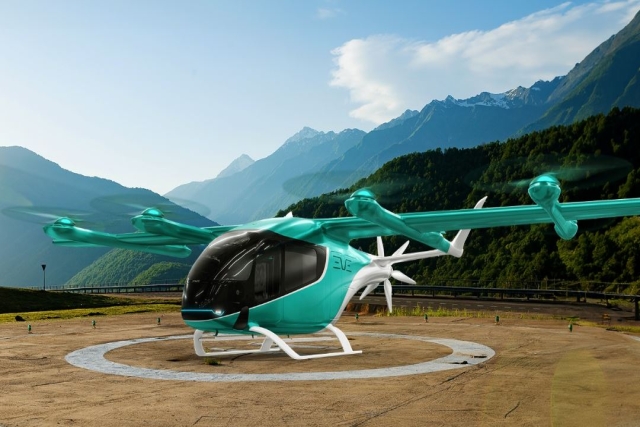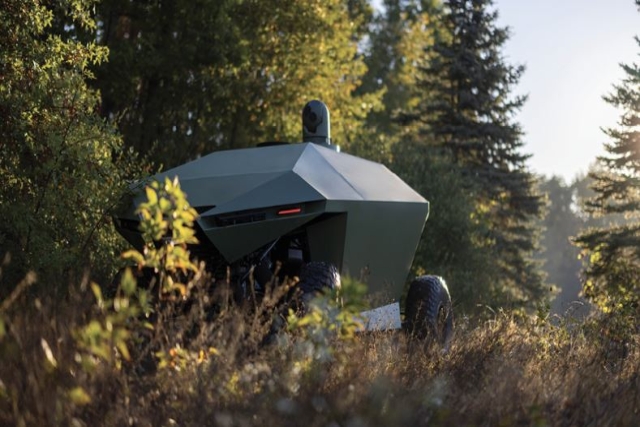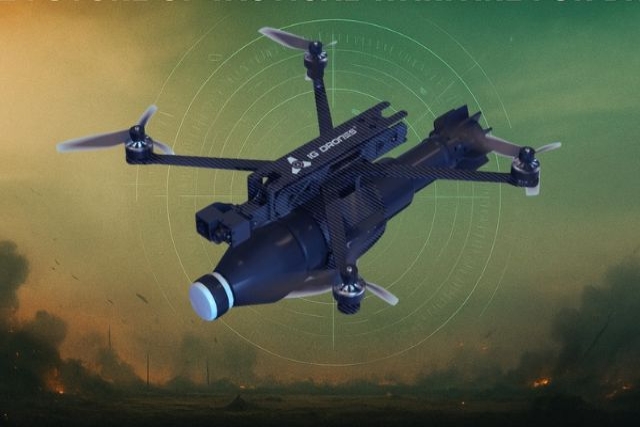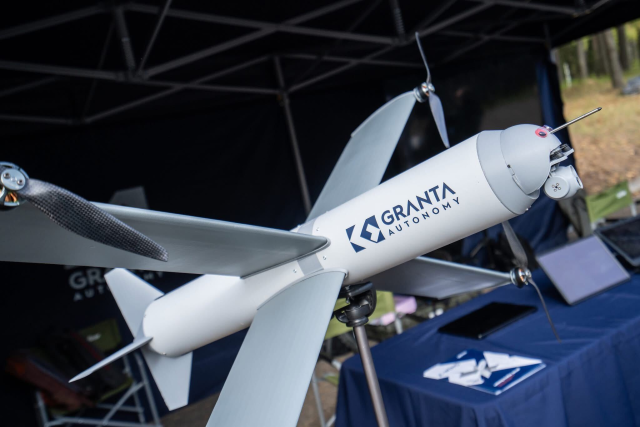Embraer’s Eve Picks Korea Aerospace as eVTOL Pylons Supplier
Pylons support the aircraft's electrical power units and rotors for vertical takeoff and landing

Eve Air Mobility, a subsidiary of Brazilian firm Embraer has selected Korea Aerospace Industries Ltd. (KAI) as the supplier of the pylons for its electric vertical takeoff and landing aircraft (eVTOL).
Pylons are a fundamental component of the aircraft structure that support the electrical power units and its eight rotors for vertical takeoff and landing.
KAI has previously supplied aerostructure components for a variety of aircraft, including Embraer's E-Jet E2 model.
Recently, KAI revealed an investment in production infrastructure, with the aim of expanding its participation in the advanced air mobility (AAM) industry.
KAI is the latest addition to Eve's list of suppliers for its eVTOL. In February, Eve selected Aciturri to supply the wing skins and spars, as well as the leading and trailing edges, and Crouzet for pilot control. In January, Thales was announced as a supplier of sensors and a computer, while Honeywell will be responsible for guidance, navigation and external lighting systems. RECARO Aircraft Seating will equip the eVTOL with seats and FACC will supply the horizontal and vertical stabilizer, including the rudder and elevator. Last year, Eve chose Garmin for the aircraft's avionics, Liebherr-Aerospace for the flight control actuators and Intergalactic for the thermal management system. The company also partnered with Nidec Aerospace LLC, a joint venture between Nidec Corporation and Embraer, to develop the aircraft's electric propulsion system. Additionally, BAE Systems was chosen to supply the energy storage system and Duc Propellers for the rotors and propellers.
Eve's eVTOL uses a takeoff and cruise configuration (Lift + Cruise) with dedicated rotors for vertical flight and fixed wings for cruising, without the need for transition components during flight. The latest concept includes an electric thruster powered by dual electric motors that provide propulsion redundancy, ensuring high performance and safety. In addition to offering several advantages, such as low operating costs, fewer parts, optimized structures and systems, it was developed to offer thrust efficiency with low noise.
Last year, Eve revealed that its first eVTOL factory will be established in the city of Taubaté, in São Paulo. The company has started assembling the first full-scale eVTOL prototype, which will continue the testing campaign. Eve's eVTOL is scheduled for first deliveries and entry into service in 2026.
In parallel, Eve continues to develop a broad portfolio of agnostic solutions, including Vector, an Urban Air Traffic Management (Urban ATM) software.









